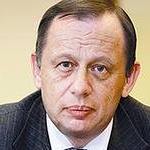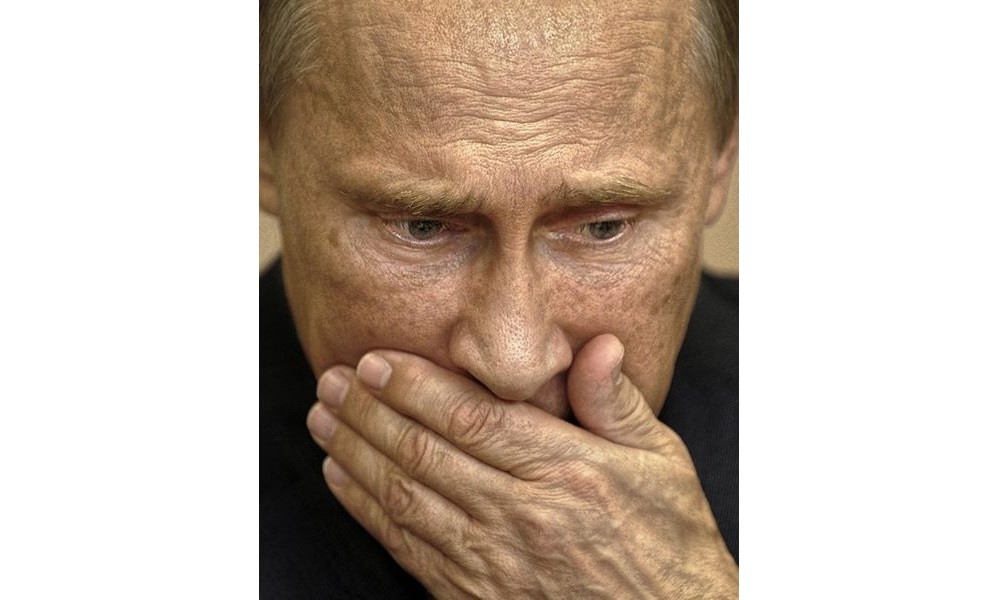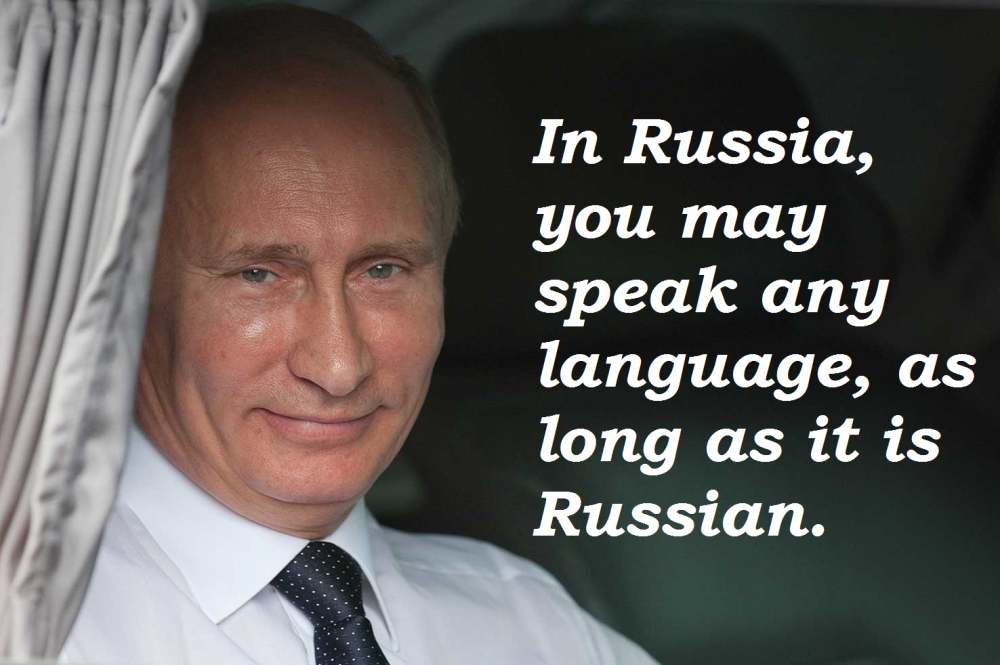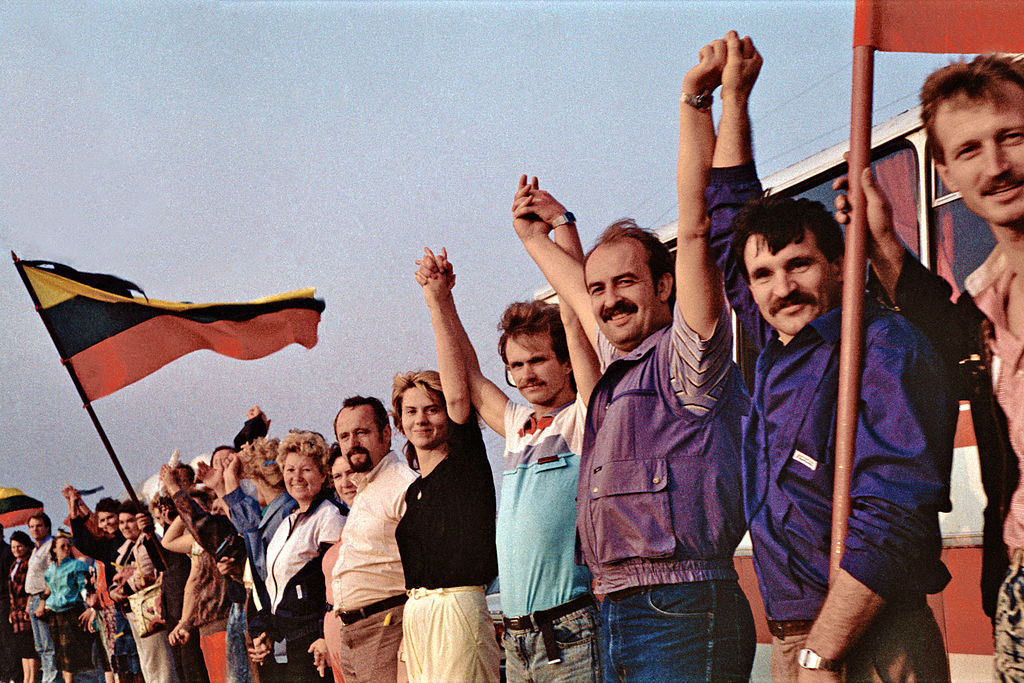On March 1, 1953, Radio Liberty began broadcasting to the Soviet Union in Russian. Its Russian employees wanted its signature sound to be a ticking clock with a voiceover declaring “The Stalin era is coming to an end.” American managers demurred, citing the fact that people from the Caucasus – and Stalin was a Georgian – often lived to a great age.
Four days later, it was confirmed that Stalin was dead. Now, many are on another kind of “death watch,” wondering when the era of Vladimir Putin will come to an end. Most analysts predict that he will continue in office as long as he wants and that therefore at a minimum it is premature to speak of the approaching end of the Putin “era.”

But Moscow sociologist Sergey Belanovsky doesn’t agree and argued on his Facebook page last week that “the Putin era is coming to an end” and that “this is an incontrovertible fact which doesn’t depend on how much longer he occupies the position of president.
In addition to that bold assertion, the scholar made 16 additional assertions that merit close attention:
- “To criticize Putin for what he is guilty of or for what he isn’t no longer makes any sense.”
- “There is no sense in discussion problems of yesterday or even today. One must look to the future.
- “The struggle for the place of successor has now begun.”
- “Putin’s legitimacy will fall independently from what percent he wins in the elections.”
- “Even if Putin keeps his post until 2024, he ever more will be transformed into a lame duck. His power will weaken.”
- “The successor whoever he is will not have Putin’s legitimacy.”
- “Putin will be forgiven for what he is guilty of and for what he isn’t.”
- As for the successor, “there won’t be anything to forgive.”
- The country’s problems “will require unpopular decisions.”
- “The lowering of the legitimacy of the leader will weaken state power.”
- “The weakening of power will intensify conflicts at all levels” and require “the suppression but no the ideological destruction” of nationality conflicts.
- “Suppression by force of ALL conflicts is impossible.”
- “The country will begin to fall apart, possibly taking the form of ‘a parade of sovereignties’ and also meetings on squares in front of administration buildings and the blocking of roads.”
- “Control over the media will collapse because clarity about which political line is correct will be lost.”
- “External forces, having felt the weakening of the internal bindings of the Russian state will become more active. Too many will view Russia as an enemy or as a trophy to be won.”
- Putinist methods of opposing all this will “weaken. Their time has passed. The new ruler will have to apply force and diplomacy in some unique combinations and under conditions of an institutional vacuum.” That will require a political genius, not one of whom appears to be on the horizon.
Yesterday, in an interview with Radio Liberty’s Russian service, Belanovsky expanded on these points, argued that Putin understands the thrust of them and certainly will leave in 2024, a fact that only adds to his looming status as a lame duck because ever more people will be looking beyond him.
Related:
- ‘Putin now a sex symbol only for pensioners’ and other neglected Russian stories
- Russians mark Putin’s 18th year in power by reprising Brezhnev-style anecdotes
- “Putin’s three greatest ‘achievements’ – unifying Ukraine, the US and the West” and other neglected Russian stories
- Putin elites want ‘Stalinism without Stalin’ and ‘repression with a human face,’ Rubtsov says
- Putin has never grown out of childish belief that force is enough, Yakovenko says
- Gontmakher: ‘Putin’s system could fall apart in a single day,’ like the tsarist one a century ago
- Russia achieving ever more anti-records under Putin








